
Falcon 9, Dragon, and Crew-11 launch to the International Space Station at LC-39A in Kennedy Space Center, Florida.
Austin DeSisto/NurPhoto via Getty Images
- SpaceX is set as the main beneficiary of a new executive order from US President Donald Trump.
- The order is designed to eliminate or expedite environmental reviews for space launch licenses.
- Elon Musk has viewed FAA oversight as a hindrance to his company’s engineering culture.
US President Donald Trump signed an executive order on Wednesday to streamline federal regulation governing commercial rocket launches, a move that could benefit Elon Musk’s SpaceX and other private space ventures.
Trump’s order, among other things, directs the US transportation secretary to eliminate or expedite environmental reviews for launch licenses administered by the Federal Aviation Administration, the White House said in a statement.
The declaration also calls on the secretary to do away with “outdated, redundant or overly restrictive rules for launch and re-entry vehicles”.
“Inefficient permitting processes discourage investment and innovation, limiting the ability of US companies to lead in global space markets,” the executive order states.
While Musk and Trump had a high-profile falling out months ago, the billionaire entrepreneur’s SpaceX rocket and satellite venture potentially stands to be the single biggest immediate beneficiary of Trump’s order on Wednesday.
READ | Trump threatens Elon Musk business so he would ‘head back home to South Africa’
SpaceX, though not mentioned by name in Trump’s order, easily leads all US space industry entities, including NASA, in the sheer number of launches it routinely conducts for its own satellite network, the US space agency, the Pentagon, and other enterprises.

Blue Origin's New Shepard rocket carrying astronauts Aisha Bowe, Amanda Nguyn, Kerianne Flynn, Gayle King, Katy Perry, and Lauren Sánchez lifts off from Launch Site One in Van Horn, Texas.
Justin Hamel/Getty Images
Jeff Bezos’ private rocket company Blue Origin and its space tourism business could also gain from a more relaxed regulatory regime.
Musk has repeatedly complained that environmental impact studies, post-flight mishap investigations and licensing reviews required by the FAA have needlessly slowed testing of SpaceX’s Starship rocket, under development at the company’s South Texas launch facility.
Starship is the centrepiece of Musk’s long-term SpaceX business model, as well as a core component of NASA’s ambitions for returning astronauts to the moon’s surface, establishing a permanent human lunar presence and ultimately sending crewed missions to Mars.
Musk has viewed FAA oversight as a hindrance to his company’s engineering culture, considered more risk-tolerant than many of the aerospace industry’s more established players.
SpaceX’s flight-test strategy is known for pushing spacecraft prototypes to the point of failure, then fine-tuning improvements through frequent repetition.
The first grid fin for the next generation Super Heavy booster. The redesigned grid fins are 50% larger and higher strength, moving from four fins to three for vehicle control while enabling the booster to descend at higher angles of attack. pic.twitter.com/Nc6bavBHD8
— SpaceX (@SpaceX) August 13, 2025This has appeared to run afoul at times with the FAA’s mission of safeguarding the public and the environment as it exercises its regulatory jurisdiction over commercial spaceflight.
Earlier this year, the FAA grounded Starship test flights for nearly two months after back-to-back post-launch explosions rained debris over Caribbean islands and forced dozens of airliners to change course.
The FAA ended up expanding the aircraft hazard zone along Starship’s launch trajectories before licensing future flights.
.png)
 German (DE)
German (DE)  English (US)
English (US)  Spanish (ES)
Spanish (ES)  French (FR)
French (FR)  Hindi (IN)
Hindi (IN)  Italian (IT)
Italian (IT)  Russian (RU)
Russian (RU) 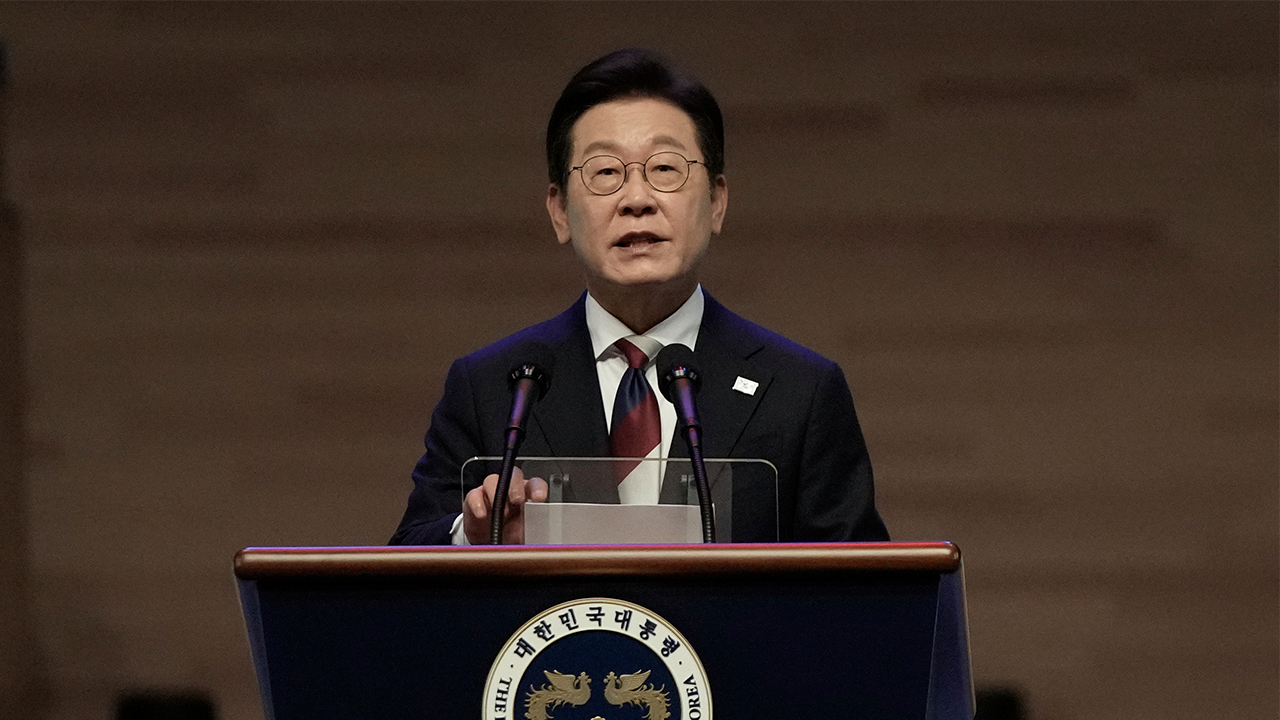
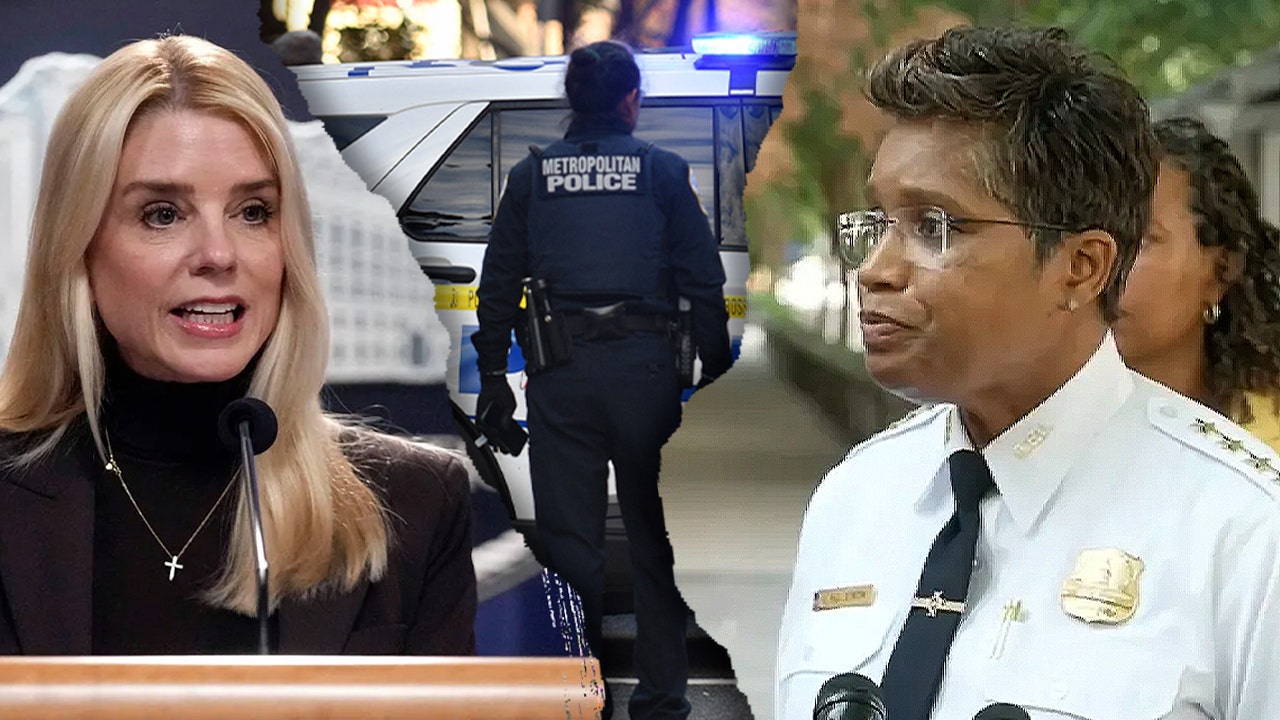
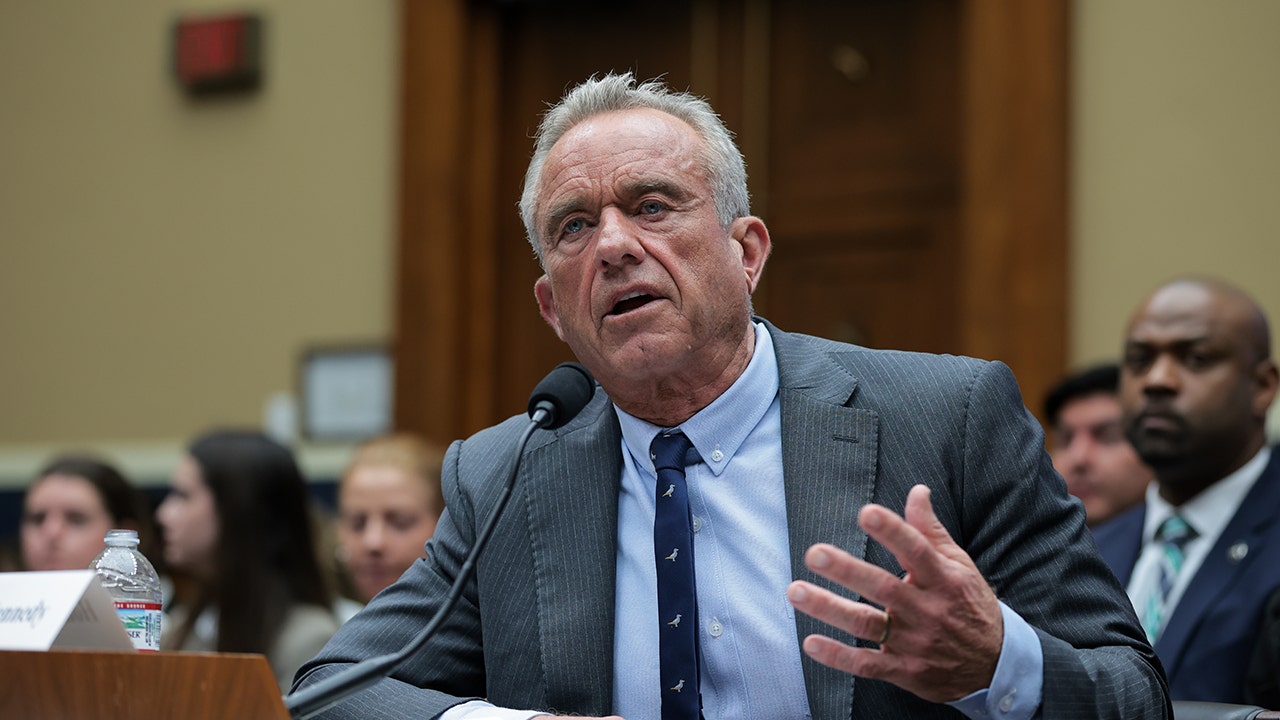
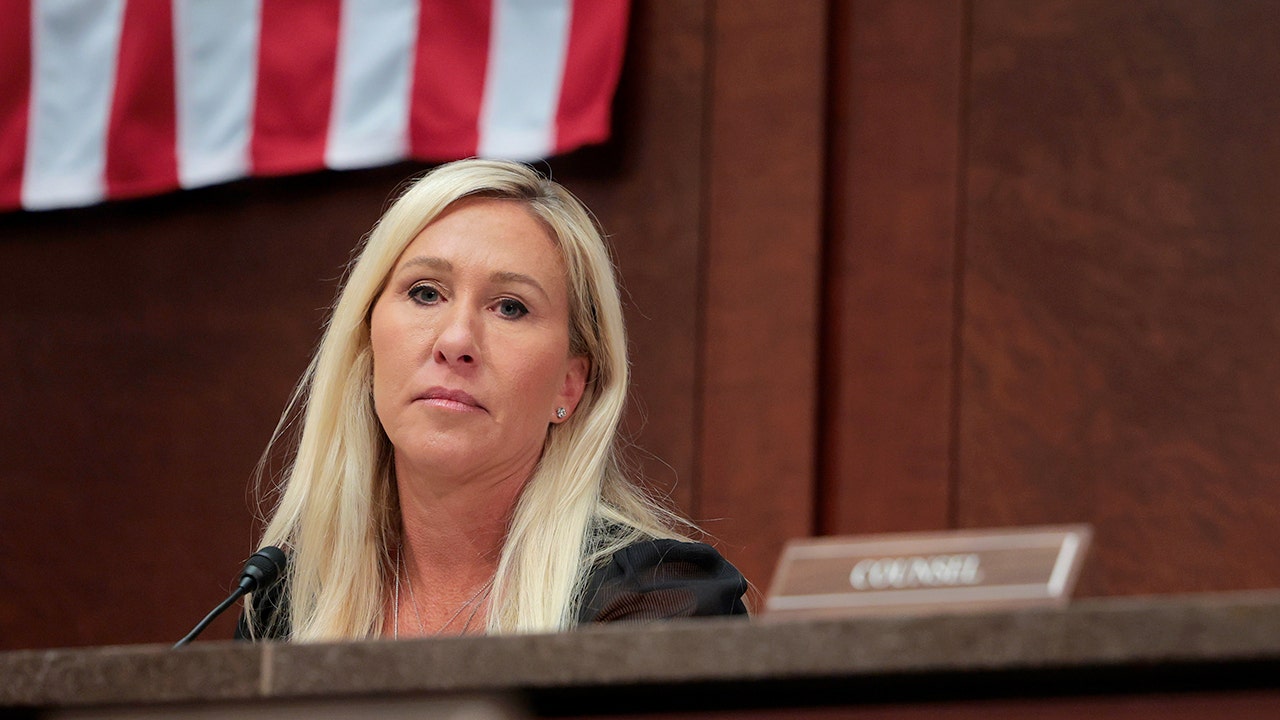
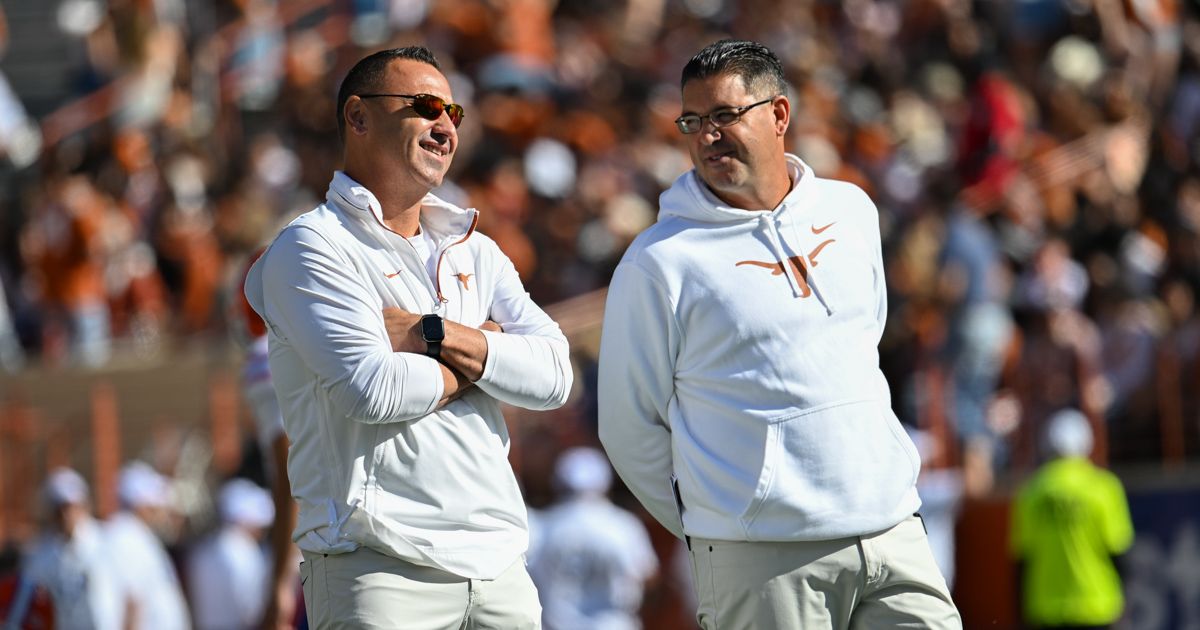


Comments